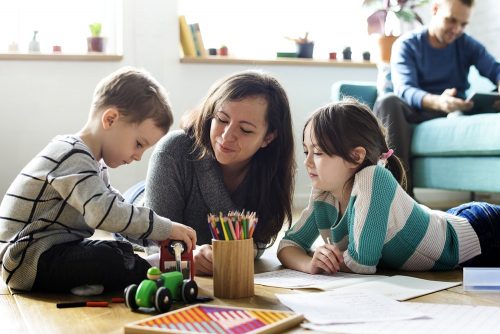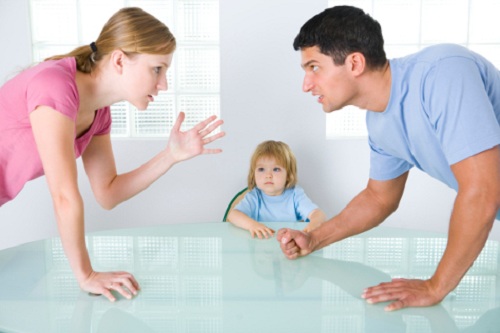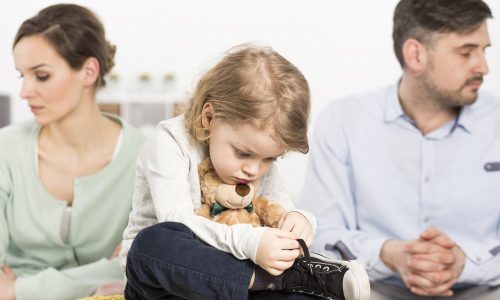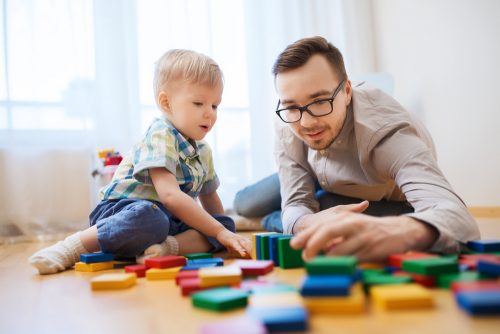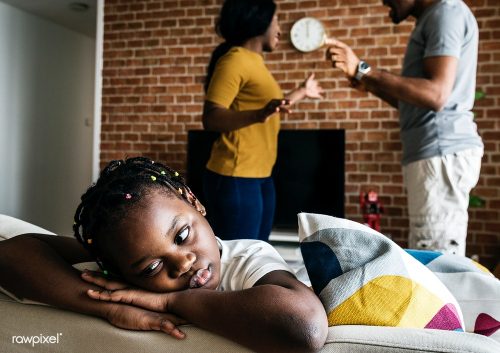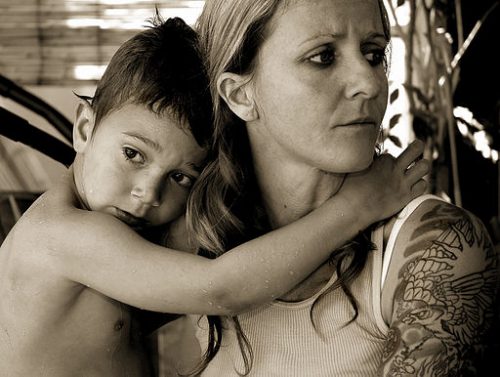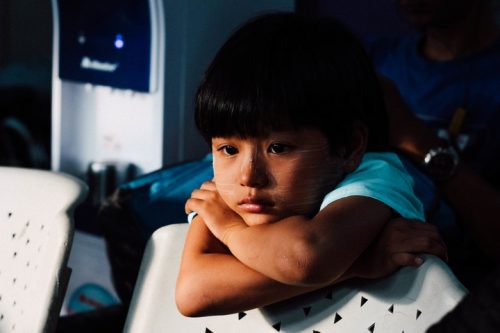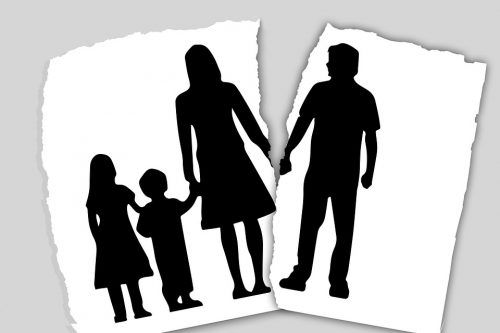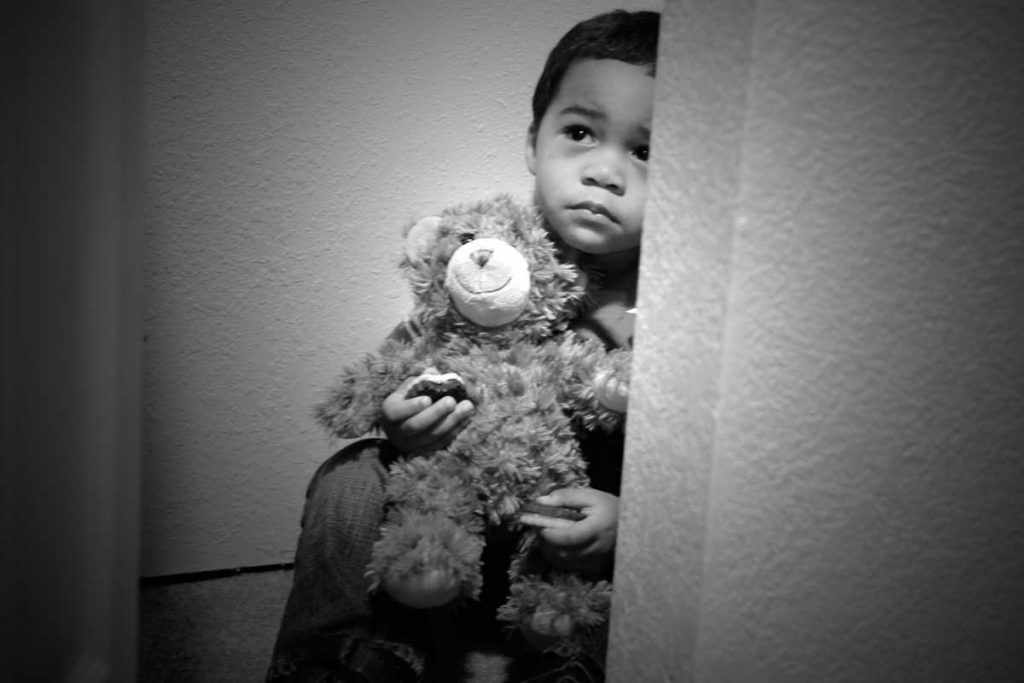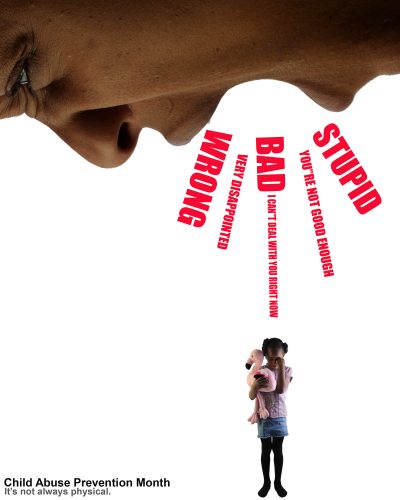This pandemic situation is the number one cause of stress and anxiety of most people right now. And the victim of these mental illnesses is not limited to adults only. Children and adolescence also experience a different level of stress and anxiety that they sometimes cannot handle. So in times like this, it is essential that we also help the children cope with this pandemic.

Source: pexels.com
As we are all aware, kids and adolescence thrive on structure and predictability. They are good at understanding what is already in front of them. That explains the process of learning from experience where adults receive first-hand information, and then pass it to the children. But in this pandemic situation, everyone is adjusting in their lives simultaneously. Thus, it becomes a turning point for children to step up and try their best to match other people’s coping ability. But it doesn’t have to be that way. As adults, we need to find a way to help the children during this crisis because we are responsible for their overall wellbeing.

Source: pexels.com
Preservation Of Some Routines
Understandably, there are limitations and strict safety protocols the children must follow. Of course, we don’t want anything wrong to happen to them. But to help kids cope, we must allow them to look at the situation differently. We must understand that even if we are now working our progress to the new normal, we still have to retain some of the kids’ usual routines. These include playing, learning, and socializing. That is because some of us parents are becoming overprotective of our children that we hinder them from being kids. It shouldn’t have to be that way. We should not allow our kids to live their lives with fear and worries all the time.
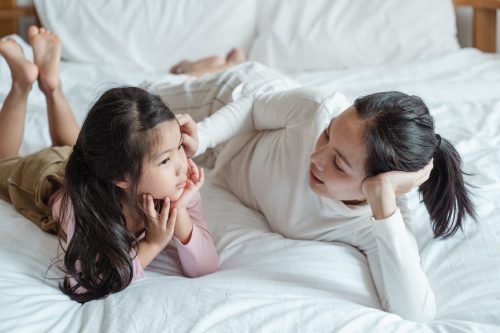
Source: pexels.com
Unnecessary Input Of Negativity
As parents, it is okay that we level up our concerns to our children. We have to remind them of the disadvantage of the situation. However, we must understand that the way we deliver the words can significantly impact their outlook on what’s happening around them. We must learn how to slowly discuss negative information to our kids so that they will not feel a certain amount of emotional weight on their chest. If we haven’t noticed, kids are critical thinkers. It is possible that they may feel scared because they can’t do anything. They might think that some of us adults can’t handle our overall wellbeing, what more can them? With that, we must often talk honestly with the children to avoid confusion.

Source: pexels.com
Do Not Allow Isolation
Children are typically terrified of everything. That is their nature because they understand the insufficient knowledge and experience they have compared to adults. Thus, they remain dependent on us during this pandemic. But some parents are not aware of the danger of allowing kids to be alone, especially in a situation like this. So as parents, we must be there for our children. We need to let them know that being alone in this situation is not going to help anyone. We must not make them feel that home quarantine is design to keep them away from other people. We need to explain that this whole social distancing protocol intends to save lives and not to influence isolation.
Yes, it will be difficult for children to manage their lives because of the sudden changes they have to deal with. But we can help them with their struggle. As parents, we can make their lives easier as long as we try and understand their mental and emotional needs during this time.

